Long before I met him in person, Max McLean had been a presence in my household. Before I knew anything at all about his role in the theatre, I knew him as the powerful, distinctive voice narrating Scripture that my husband Peter listens to on a nearly daily basis as a part of his spiritual practice. Max McLean is the voice behind The Listener’s Bible. However, Max is also the founder and artistic director of the Fellowship of Performing Arts (FPA), through which he offers brilliant adaptations of Christian literature to live theatre audiences across the country. In the past few years Peter and I have had the exhilarating experience of seeing Max’s riveting performance of C.S. Lewis’s The Screwtape Letters in San Diego; were then privileged to see his production of The Great Divorce in one of its very earliest runs in Colorado Springs, heard a fabulous monologue from him in Houston, and later still were present in Oxford to see Max deliver the most astonishing performance I have ever witnessed in theatre – C.S. Lewis’s sermon The Weight of Glory. (For a look at the event where this took place, see this post about Oxbridge 2014!)
Max is a faithful voice on behalf of the performing arts arena, and he was talking about this before it became the widely discussed topic that it is today. While he champions the cause for excellence in the arts as a moral and spiritual influence in our culture, Max is also an example of someone walking out his faith in daily view of many observers. He manages to live that fine balance of transparency and sound boundaries. I admire the way he grapples with complex issues and is willing to do so openly and without apology or pretense. I appreciate the way he is still asking hard theological questions and invites others into community to search for those answers. And I applaud him for his integrity and humility. He is in real life very much what he sounds like in his column for the FPA newsletters – kind, thoughtful, intelligent, challenging and courageous. And he is nothing at all like Screwtape!
LES: Human beings seem to be made for stories and you have spent the entire course of your career developing the craft of performance storytelling. You have told stories across a remarkable range of the canon of Christian literature – from Genesis to the Gospel of Mark and The Acts of the Apostles, to St. Augustine, Martin Luther, and Jonathan Edwards, then to C.S. Lewis.
From your perspective, Max, what does Story give us that simple, straightforward rhetoric does not? How does theatrical storytelling impact the audience differently than movies or written stories? Why does theatre matter?
MM: It is something that I have a genuine passion about and am reasonably good at. God has also opened doors for me to use these gifts. As a Christian I see it as a way to integrate my faith with my work. Theatre takes an idea or an experience and rather than talk about it or write about it you try to ‘live in it’ and create an alternative reality that helps to make sense of your current reality. For me it’s a calling. It’s an opportunity to bear witness and be faithful.
LES: What prompted you to work with material by C.S. Lewis? Why him and not some other great writer? What draws you to Lewis specifically for yourself and what draws you to his work for your audiences? What serves your audience and your mission through Lewis’s work?
MM: I read one page. I knew he was special. He allowed me to explore my Christian experience with more of the ‘roughness and density of life’ than any other writer that I have read. He helps me to see why my Christian experience is the central fact of life. He expresses his own weaknesses and therefore helps us to see our weaknesses. “Think of me as a fellow-patient in the same hospital who, having been admitted a little earlier, could give some advice.” He’s very generous that way – in exposing the inner most workings of our heart. Other writers don’t seem to do that for me as well as Lewis does.
LES: What set the stage so to speak for your doing the production of The Screwtape Letters? How has the process and the production itself surprised you? What are some essential lessons you have learned from staging The Great Divorce and how does it compare to staging Screwtape?
MM: A production is a series of decisions that lead to something that you don’t expect. When you look back on it you often say ‘how did that happen?’ You don’t know because the sum is so much greater than the parts. In many ways neither Screwtape Letters or The Great Divorce should work as theatre. They are so dense and ‘in the head’. Theatre is about physical action and less about thought. The challenge is how to make that lively mind of his work on stage. The key insight for me was during Lewis’ move from atheism to theism. The great move happened when he realized that the thoughts in his mind, his reason and his imagination were not merely chance bio-chemical reaction of atoms in his skull. But rather a participation with cosmic logos; in something ‘further up and further in.’
Rock bottom reality had to be intelligent. In other words the mind and the imagination are the key to the wardrobe door that leads us into the supernatural world.
Thought is an active thing that makes truth dance. My job is to capture that energy on stage. Lewis makes his audiences work but the pay-off is so good audiences are willing to go on the journey.
LES: For many years now, Max, you have been talking and writing about excellence of arts as an influencer of culture. In Fall 2014 edition of Fellowship Circle Newsletter you wrote:“In the arts world, Christianity is often assumed to be socially regressive and artistically inferior. This is why we go to great lengths to ensure that we produce theatre at the highest levels of excellence our budgets allow. It is necessary to ‘steal past watchful dragons’ of preconceived suspicions and stigmas associated with Christianity… Excellence in all elements of production is the way the message we want to articulate can get a fair hearing the cultural marketplace.”
In the way that you live out your life and in the way that you stage a production, in other words in practical, fleshed out terms how do you define excellence? How does excellence compare to or differ from perfection?
MM: I think of excellence as attention to details. If something doesn’t feel right you try to find the source of why it doesn’t feel right. Living in New York City I’m among artists who make this kind of attention to detail pretty standard. The trick is to apply this attention to detail in a way that does not become tyrannical. You have to stay humble. At some point you have to say enough is enough. Otherwise you begin to hurt people.
The other distinction is that we produce from a Christian worldview. The Holy Spirit is speaking to us all the time. Am I listening? That’s always the question. I do believe that producers and writers are the key to the theatre. They determine what gets produced. Producers and writers are the ‘why’ people. You write and spend resources based on what is inside you. Then you hire the ‘how’ people; the directors, designers and actors who will help you to bring your ideas to life on stage.
People that know ‘how’ work for people who know ‘why’.
LES: I have gone back again and again to your description of the influencing factors in your life after you left theatre that lead you eventually to an “epiphany” – an epiphany that became incarnated into what we know today as The Listener’s Bible. This project has had an absolutely extraordinary reach – recordings of the Bible in three different translations, a radio outreach over more than 600 radio stations, an on-going ministry providing hundreds of thousands of listeners the experience of hearing the Word of God made alive to them in a way they may never have before … What has the significance of The Listener’s Bible project been for you?
MM: It allowed a tangible outlet to unify my love of the Bible and theology, a mental practice, with my love of theatre which is a physical practice. It joined the two together in a remarkable way that allows people to experience the action of spoken intent by a character in the Bible. When a character has a desire or a want that generates speech then that speech becomes loaded with meaning. Narration is not merely the recital of words beautifully spoken. There is an element of emotional content that helped to spark pictures in the imagination. Of course you have to be careful. If you go too far (a mistake I have made) it draws too much attention to itself and pulls people out of the moment. That’s not good.
LES: Your account in the 2008 interview with Tim Challies of coming to the realization that an actor is a “hired hand” made a lingering impression on me. You said the actor’s job is to “brilliantly communicate other people’s ideas regardless of their intent.” Sometime after that realization you were compelled to leave acting and theatre and then you attended seminary. How long were you away from theatre before re-entering it? How was your view of theatre and your relationship to it changed during your absence? How would you say you have reconciled that early view with the view you hold now about acting as a calling and vocation for you?
MM: I was away from the theatre for about 3 years. Leaving the theatre felt like such a loss at that time. It was my identity. I think I needed to leave as it was affecting my decision making in other parts of my life – my family, my worship. God said ‘time out.’ So I took it. I began to get my priorities in the right order. After few years God gave me the vision and the opportunity to use my skills and techniques to do Mark’s Gospel and other books of the Bible.
“For we are his workmanship, created in Christ Jesus for good works, which God prepared beforehand, that we should walk in them.” Ephesians 2:10
LES: I read recently that you regard Ephesians 2:10 as your life verse. Why did this verse take on this level of meaning to you? Over the years of living with this verse how has it shaped you and do you understand it differently than when you started out?
MM: It reminds me that the initiative for conversion does not lie with me. I was bought with a price and therefore I am now commissioned to do His work. It’s a statement about God’s providence and election in my life. I belong to Him.
LES: Some of my favorite moments of watching you onstage have been those that you spend answering questions from the audience. It has a decidedly pastoral feel to it. There is an engagement in you with the audience that is different than when you are acting. Is there a kind of pastoral role shepherding the audience and staging crew?
MM: I think so. Not sure where that comes from. I’ve had good models of people who do Q&A very well. My pastor, Tim Keller, R. C. Sproul and Ravi Zacharias are so good at it. I can be better at it. I do think it really helps me to understand the influence the work has with the audience. I’ve engaged them and, perhaps, gained their respect through the performance. Now I can answer some of their deeper questions that the play has stirred up.
LES: In the famous film Chariots of Fire, there is an iconic scene where Olympic champion runner Eric Liddle says “I believe God made me for a purpose, but He also made me fast! And when I run I feel His pleasure.” When do you feel that sense of God’s pleasure in you when you are working?
MM: You can’t do it while you are working. The level of concentration is so great that if you begin to say “boy this is fun” you are immediately thrown out of the moment. I think I feel it most the moments after I’m done. I imagine it feels like crossing the finishing line of a marathon. There is joy in the accomplishment.
LES: In the past few years you have committed to memory C.S. Lewis’s masterpiece sermon “The Weight of Glory” and delivered that address to a select number of audiences. One of those events took place at the 2014 C.S. Lewis Foundation’s Summer Institute in Oxford in the very same spot that Lewis himself gave it June 8, 1942 – the Church of St. Mary the Virgin. That night was something truly unlike any other delivery I have ever seen of a sermon – something really bordering on the transcendent. What has the effect been on you personally of working with this sermon? How would you say that has changed the way that you see your art and the way that you see what it is to be a Christian?
MM: Working on that was a mind stretcher for me. I feel like I got to know the contours of Lewis mind more deeply as I memorized and recreated The Weight of Glory for a live audience in the same location where Lewis gave it. It felt electric to me. Lewis had a vision from heaven bordering on what Paul had in 2 Cor. 11 where said that he was “lifted up into the third heaven.” But he ends up in a similar place as Paul saying in essence my grace is sufficient for you.
LES: In an industry that is so rife with temptation, spiritual distance, ego, and just the wear of the road, what has worked for you to maintain a sustained marriage, a connected family life, and a living presence in community?
MM: I’m not sure I’ve succeeded in all these things. Being on the road is challenging. You get into a road mentality. You get there. You prepare. Do your work. Go home. I love the going home part. There are daily moment by moment decisions on must make. “Don’t touch that link.” Keep your mind away from self-pity. Read good books. Don’t judge. It’s a day to day, moment to moment thing. Being in a Jesus-worshiping church and having a group of people who pray for me are, also, important.
“If I find in myself a desire which no experience in this world can satisfy, the most probable explanation is that I was made for another world.” – C.S. Lewis, Mere Christianity
LES: Lewis addresses this theme of us having a far-off home country in other works besides Mere Christianity, including “The Weight of Glory” and in the last chapter of the Problem of Pain. Why does this quote speak to you the way it does?
MM: An important scripture for me is ‘Here we have no continuing city. We await the one to come’ from Hebrews 13. Lewis reminds us of that we are not at home here. Home is somewhere else. And ‘home’ is what we long for. He helps me to see my real ‘home’ and to wait for it expectantly. As CSL concludes his Narnia tales in The Last Battle he writes, “But for them it was only the beginning of the real story. All their life in this world and all their adventures in Narnia had only been the cover and the title page: now at last they were beginning Chapter One of the Great Story which no one on earth has read: which goes on forever: in which every chapter is better than the one before.”
LES: How do you continue to do the work with all its challenges and keep from growing weary? [“And let us not grow weary of doing good, for in due season we will reap, if we do not give up.” Galatians 6:9, ESV] When you face days of discouragement what do you use to press on to get beyond the discouragement?
MM: I do find that at my age I get discouraged far less than I use to. I’m growing in self-forgetfulness. Not there yet, of course; nowhere near. Just saying that, feels like a boast. I do see the big picture more clearly. That used to not be the case.
I feel I’m learning to forget what is behind and press on to what is ahead.
LES: What is coming up next in development from FPA? What do you hope that the audience takes away from a FPA production?
MM: We will be doing a season of four productions at the Pearl Theatre in New York City beginning November 13 and running through February 21. We will have our New York premiere of The Great Divorce and run it for six weeks, then a three week return engagement of The Screwtape Letters, a developmental production of an original work called Martin Luther on Trial that explores the central character of the Protestant Reformation; and finally a new work called C. S. Lewis: The Most Reluctant Convert where I will play Lewis as he retraces his journey from atheism to Christianity. It will be a challenging autumn for us. To learn more about our season your readers can go to www.FPAtheatre.com.
LES: How can we as your readers and audience best be praying for you, your work, and those who see these performances?
MM: Thank you for asking. These are my daily prayers.
“Our Father who art in heaven. Hallowed by the name.” To know Him and to honor Him.
‘Thy will be done on earth as it is in heaven.’ That my life and work may be fruitful for Him.
“Give us this day our daily bread.” To keep my desires in check.
“Forgive us our debts as we forgive our debtors.” Seek forgiveness. Be forgiving.
“Lead us not into temptation but deliver us from evil.” To keep me humble and faithful.
“For thine is the Kingdom, the power and the glory forever.” Remember who is in charge.
Amen.
This particular interview is of special significance to me and I am very grateful for Max’s willingness to share with readers of Cultivating. It is my hope that you will get to know more about Max McLean and the Fellowship of Performing Arts, help support their fine work and that you, too, will be able to attend some of their magnificent productions.
All of the images used in this interview are (c) Lancia E. Smith and used with permission for Cultivating and The Cultivating Project.
If you would like to use any of the images, please contact me directly with your request for usage.
For more about The Weight of Glory allow me to offer you this link to a brilliant and helpful piece about it from beloved friend and Lewis scholar,
the late Christopher Mitchell.
Lancia E. Smith is an author, photographer, business owner, and publisher. She is the founder and publisher of Cultivating Oaks Press, LLC, and the Executive Director of The Cultivating Project, the fellowship who create content for Cultivating Magazine. She has been honoured to serve in executive management, church leadership, school boards, and Art & Faith organizations over 35 years.
Now empty nesters, Lancia & her husband Peter make their home in the Black Forest of Colorado, keeping company with 200 Ponderosa Pine trees, a herd of mule deer, an ever expanding library, and two beautiful black cats. Lancia loves land reclamation, website and print design, beautiful typography, road trips, being read aloud to by Peter, and cherishes the works of C.S. Lewis, J.R.R. Tolkien, and George MacDonald. She lives with daily wonder of the mercies of the Triune God and constant gratitude for the beloved company of Cultivators.
A Field Guide to Cultivating ~ Essentials to Cultivating a Whole Life, Rooted in Christ, and Flourishing in Fellowship
Enjoy our gift to you as our Welcome to Cultivating! Discover the purpose of The Cultivating Project, and how you might find a "What, you too?" experience here with this fellowship of makers!
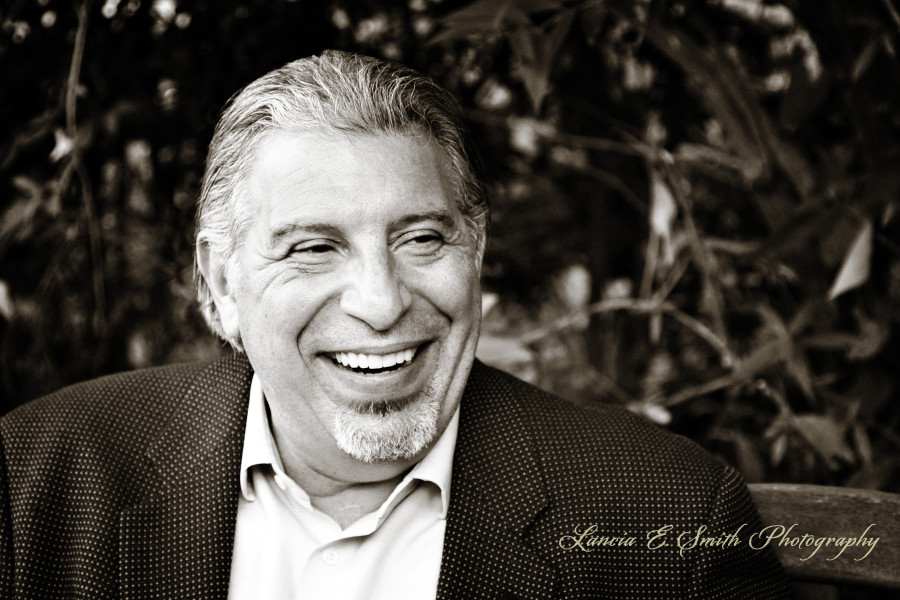
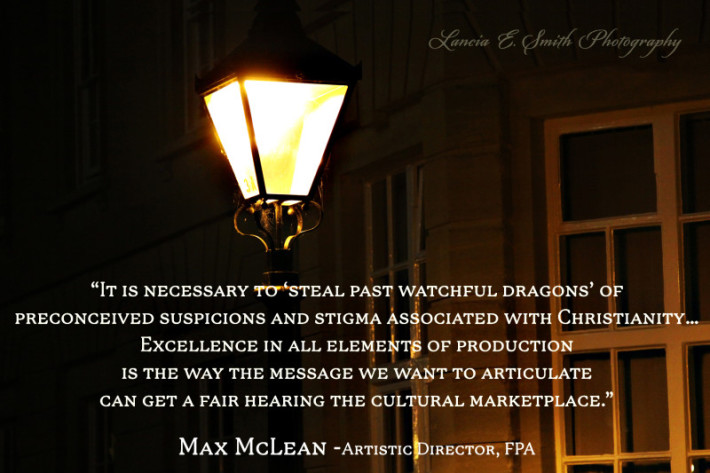
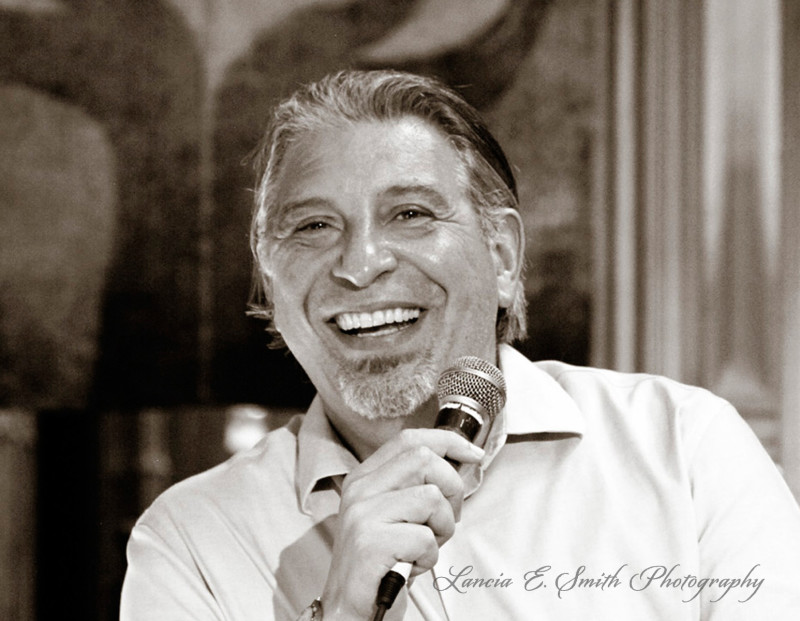
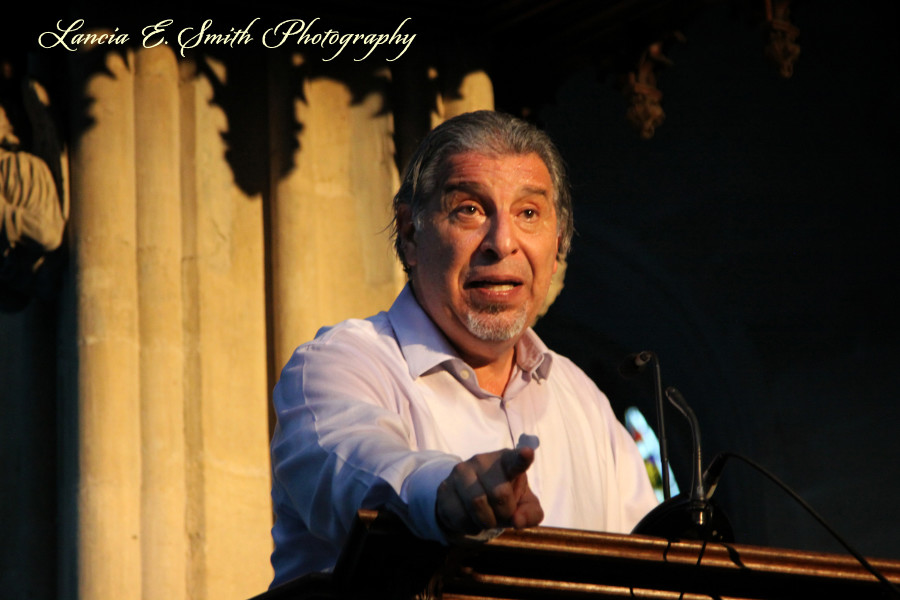
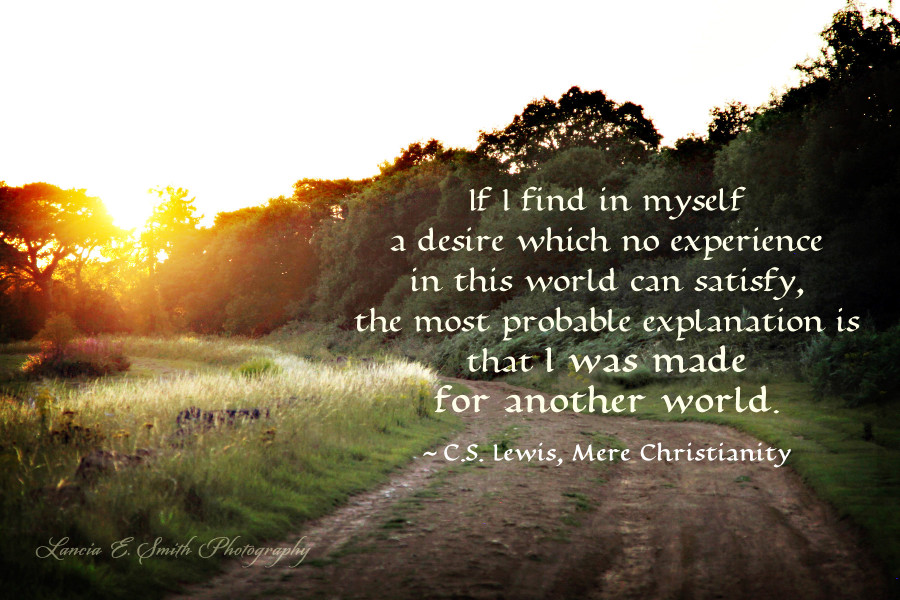

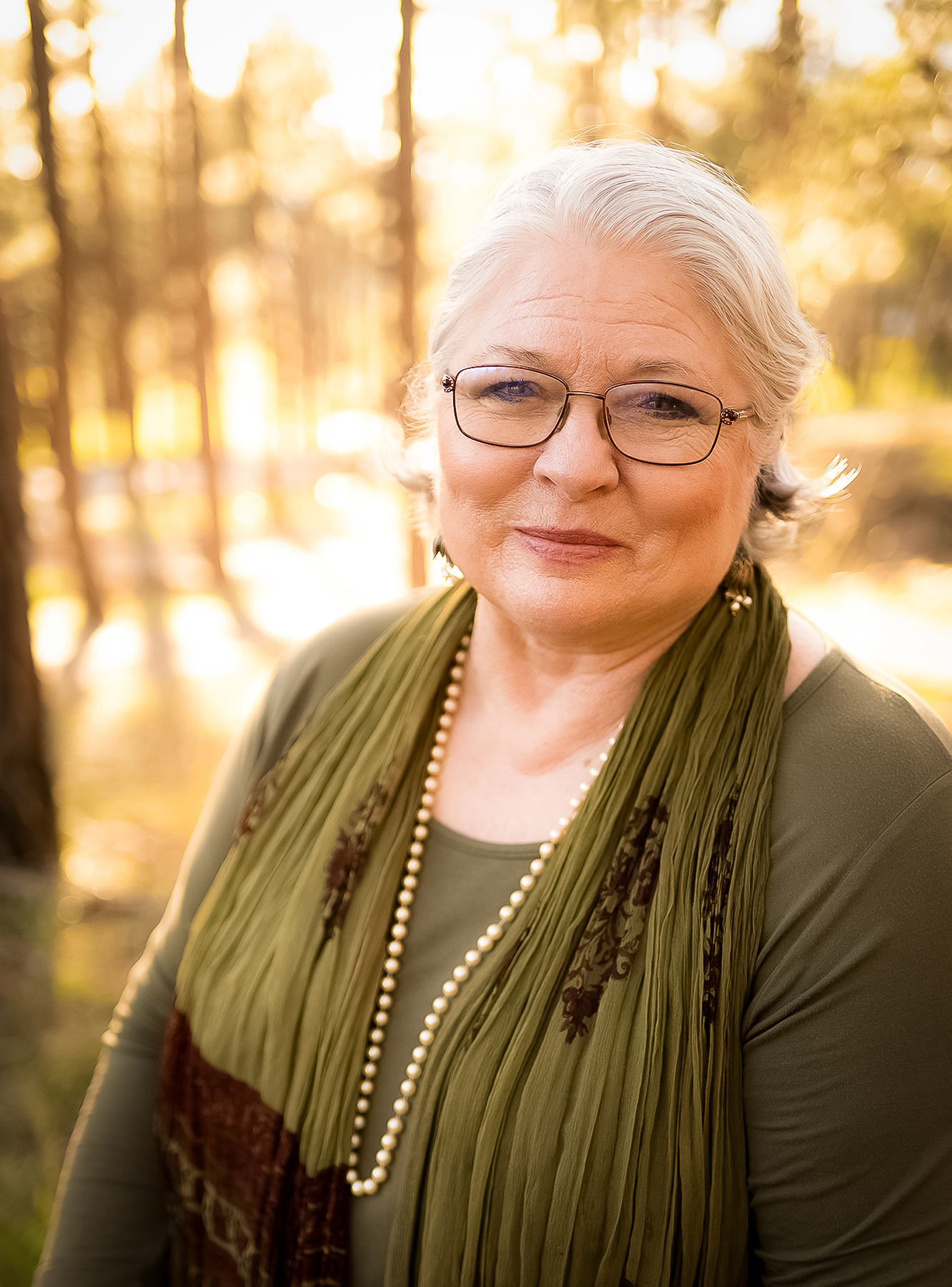
Add a comment
Comments Off on Max McLean and creative excellence!